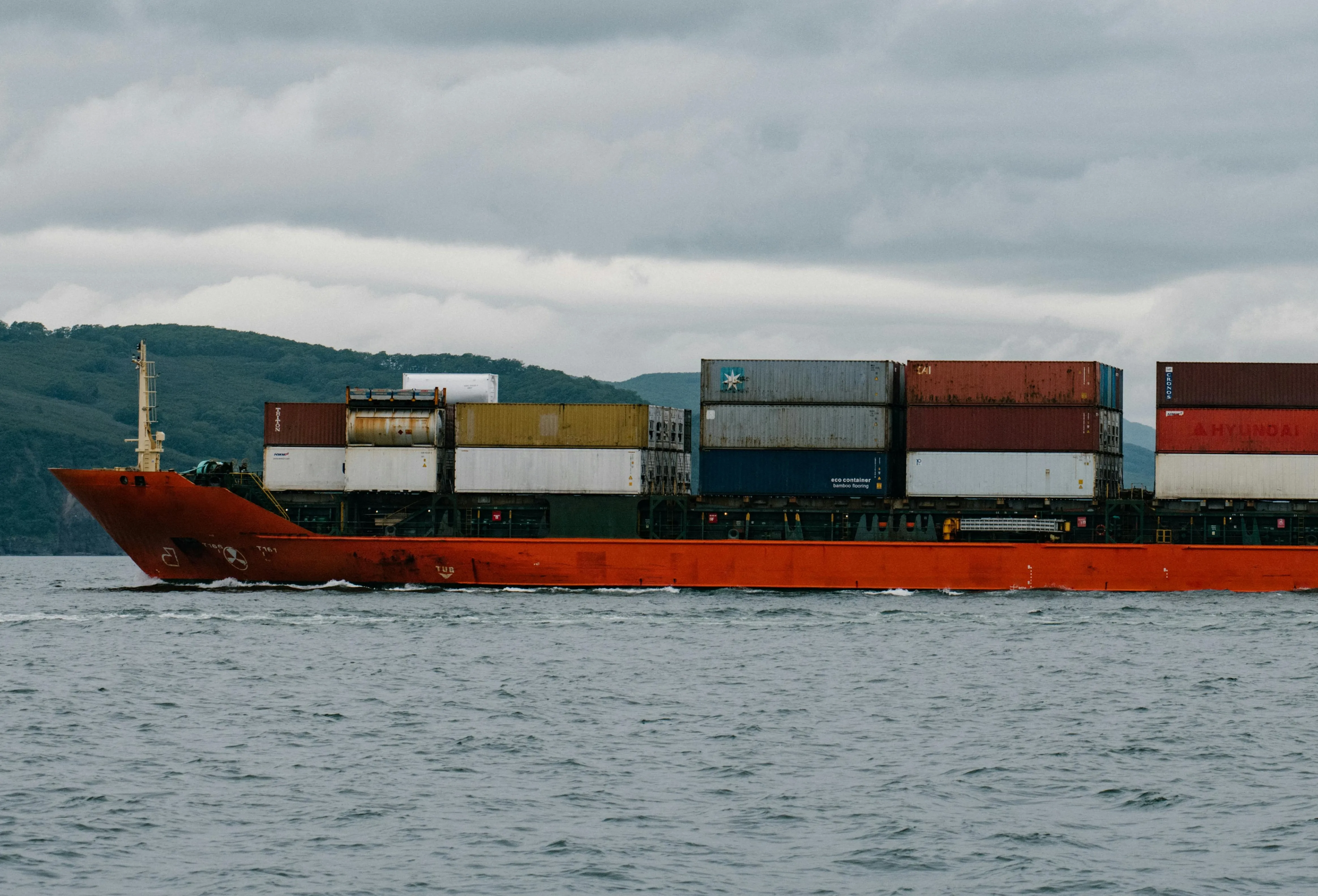Demystifying Incoterms: FOB vs. CIF for Your Agricultural Imports

Incoterms: The Universal Language of International Shipping
When you receive a price quote for an international shipment, you will inevitably encounter a three-letter acronym followed by a port name, such as "FOB Tanjung Priok" or "CIF Port of Rotterdam." These are not just random codes; they are Incoterms (International Commercial Terms), and they are the globally recognized rules that define a critical question in any transaction: who is responsible for the goods, and at what point does that responsibility transfer from seller to buyer?
Understanding the difference between the two most common Incoterms in sea freight—FOB and CIF—is essential for any importer to accurately calculate costs, manage risks, and choose the right arrangement for their business. This guide will break down what each term means for you, the buyer of agricultural commodities.
FOB: Free On Board
Think of FOB as the "Do-It-Yourself" option for shipping. When you agree to FOB terms, you are taking more control over the logistics process.
- Seller’s Responsibility: The seller (e.g., PT Sinar Sunda Nusantara) is responsible for all costs and risks until the goods are loaded "on board" the vessel nominated by you at the specified port of origin (e.g., Port of Tanjung Priok, Jakarta). This includes handling local transportation from the warehouse to the port, clearing the goods for export, and paying for all port loading charges.
- Buyer’s Responsibility: The moment the goods are safely on the ship, the responsibility and risk transfer entirely to you. You are responsible for:
- Hiring and paying for the ocean freight from the origin port to your destination.
- Arranging and paying for marine insurance to cover any potential loss or damage during transit.
- Handling all customs clearance and transportation at the destination port.
Advantages of FOB for the Importer:
- Control: You have complete control over your shipping costs. You can choose your own freight forwarder, negotiate rates directly with shipping lines, and select an insurance provider you trust.
- Cost Savings: By shopping around for freight and insurance, you can often find more competitive rates than the "all-in" price offered by a seller on CIF terms.
- Transparency: You see a clear breakdown of costs: the price of the goods from the seller, and the separate costs for freight and insurance that you arrange.
CIF: Cost, Insurance, and Freight
Think of CIF as the "Full-Service" or "All-Inclusive" option. It’s designed for convenience, as the seller handles most of the logistical arrangements.
- Seller’s Responsibility: The seller is responsible for not only loading the goods onto the vessel but also for paying the cost of the ocean freight and arranging for a minimum level of marine insurance to cover the goods until they arrive at your named destination port (e.g., Port of Rotterdam).
- Buyer’s Responsibility: Your responsibility begins when the goods arrive at your destination port. You are responsible for any import customs duties, taxes, and the final transportation from the port to your warehouse. While the seller arranges insurance, the risk of loss or damage during transit actually transfers to you once the goods are on board the vessel, which is a crucial but often misunderstood point.
Advantages of CIF for the Importer:
- Convenience: It’s a one-stop-shop solution. You receive a single price that includes the product and its delivery to your port, making budgeting simpler, especially for new importers.
- Simplicity: You don’t need to deal with negotiating freight rates or finding a freight forwarder in the origin country.
Which One Should You Choose?
The choice between FOB and CIF depends on your experience, volume, and desire for control.
- Choose FOB if you are an experienced importer, ship large volumes, or have your own trusted freight forwarder. The potential for cost savings and greater control over the shipment is significant.
- Choose CIF if you are new to importing, shipping smaller volumes, or prioritize convenience and a single, predictable cost. It’s a great way to get started without getting bogged down in logistical details.
Our Commitment to Flexibility
At PT Sinar Sunda Nusantara, we are flexible and can provide price quotations for both FOB and CIF terms to any major port worldwide. Our goal is to work with you to find the most suitable and cost-effective arrangement for your business. We provide full transparency on all charges so you can make an informed decision.
Have questions about which Incoterm is right for your next shipment? Contact our logistics experts today for a consultation.